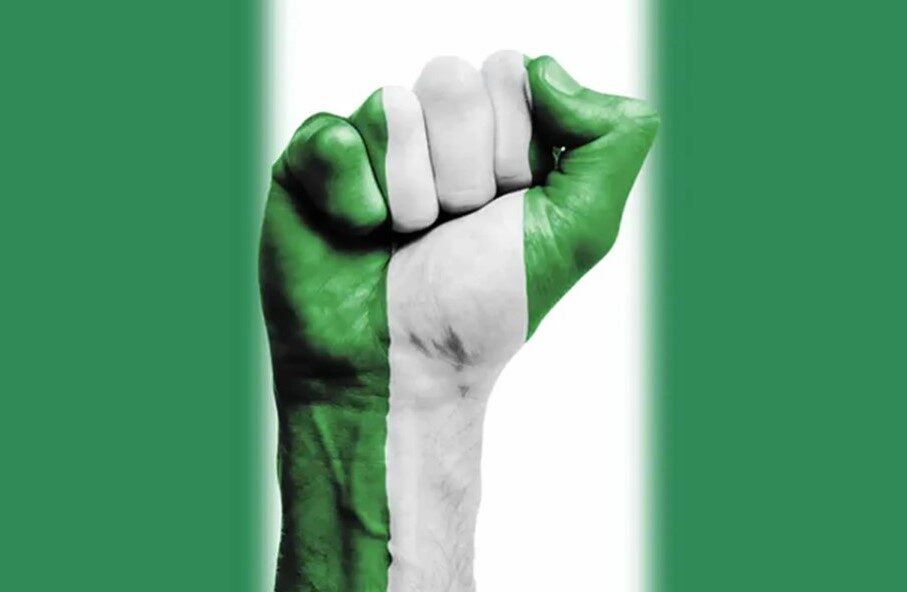The Nigerian-Machiavellian Pattern of Leadership: A Call for Leadership with a Humane Approach
By: Vol. Benedict Kanu
Ed. 227 | 06.10.2025
The Nigerian style of governance, over time, has been perceived to have the undertone of the Machiavellian political thought of dominance and subjugation, and this plague has ravaged not just Nigeria but Africa as a whole.
Historically, most leaders who have emerged from the military era down to this present democratic dispensation have allegedly failed to lead people with empathy and compassion. They were said to have adopted the techniques of the fox and the lion: they pretended to be like the fox to gain the people’s trust and attention, adapting to the people’s tone. After winning an elective position, they became as aggressive as a lion, ruling with an iron fist.
To put it in another context, people whom they are called to serve become servants, while elected leaders become masters. Subscribing to the aforementioned, Ogonnaya et al. (n.d) in their dissertation cited that “the Nigerian rulers have swallowed, hook, line and sinker the dictates of Machiavellian…”
The predicament isn’t just a Nigerian problem but an African problem. Leadership in Africa has become a nightmare for Africans, where they no longer believe in the dividends of democracy and good governance. Sadly, these two elements have become mirages to an African Man.
For instance, South Sudan, since its independence in 2011, has been plagued by bad governance, power tussles and a cycle of conflicts and traces of inhumane leadership. Another case is Robert Mugabe of Zimbabwe. As a leader, he used fear as a weapon for subjugation and oppression, and continuously manipulated elections to ensure he stayed in power.
Uganda, in the case of Yoweri Museveni, who stayed in power for 35 years, justified his long stay in power as stability for the Ugandan people and the political system, yet he ruled with an iron fist. Notably, Nigeria has had its own share with the likes of Late Gen. Sani Abacha. The list is endless. These, and many more, drive the conclusion that African leaders are “Apostles of Machiavellian.”
Some pertinent question comes to mind as one reflects on the preceding paragraphs: What is the place of conscience in leadership? Aren’t these leaders human beings? If they’re actually human beings, what happened to their sense of humanity? Why aren’t they leading with empathy and compassion? Could their attitude towards leadership be based on Lord Acton’s assertion, “power tends to corrupt and absolute power corrupts absolutely…”
While these are traces of Machiavellian political thought, there’s a need for a new style of leadership that is centred on being humane and compassionate.
The political thought of Niccolo Machiavelli as portrayed in “The Prince” is hinged on the belief that politics should be considered in terms of power rather than morality. He believed that human nature is inherently selfish, so the first duty of a leader is the preservation of the state, even if it would require actions considered to be immoral.
A wise leader, according to him, should not rely on the love or loyalty of his subjects; such sentiments for him are too fragile. The aforementioned informed his belief that it is far safer for a ruler to be feared than loved, provided that fear does not cross into hatred. He asserts that fear, unlike love, creates a more dependable form of obedience. He further emphasised the necessity of the use of force and deception.
Hence, a ruler must therefore combine the strength of a lion with the cunning of a fox, using open power when the need arises, but also manipulation and trickery when the situation demands it. He further opines that rulers aren’t bound to keep their promises.
It is glaring that the Machiavellian political thought has found expression in the Nigerian approach towards governance. It has eaten deep into the rubrics of the democratic system of governance in Nigeria. Ab initio, the Nigerian political system has been plagued by lies, political apathy because of the manner of approach adopted by the Nigerian political class.
Nigerians have lost hope in the political system, and all of this is due to the insincerity of politicians. Politicians don’t have the understanding of the dividends of democracy, which is why Councillors, Local Government Chairmen, State Governors and the President of Nigeria hardly listen to the plight of the people.
Governance in Nigeria is likened to the wolf wearing sheep clothing, pretending to be a sheep to devour sheep effortlessly. Until the Nigerian political class learn to put the nation and Nigerians first before their selfish desires, responsible governance will remain a mirage.
May God help us.
Image Credit: Plac Beam
References
Eme, O. I., & Okeke, M. I. (2015). Power and leadership in Machiavelli’s political thought: A strategy for sustainable democracy in Nigeria. Niger Delta Journal of Political Science (NDJPS), 1(1), 60–78. https://nigerdeltajournal.org/wp-content/uploads/2023/07/4.-Power-and-Leadership-in-Machiavellis-Political-Thought-A-Strategy-for-Sustainable-Democracy-in-Nigeria-1.pdf
Ogonnaya, C. K., & Ogugua, P. (n.d.). Machiavellianism in Nigerian politics: A philosophical appraisal (Doctoral dissertation, Nnamdi Azikiwe University). Nnamdi Azikiwe University PhD Dissertations Repository. https://phd-dissertations.unizik.edu.ng/repos/81136305500_111968101590.pdf
———————————————-
Facebook: Peacepace Initiative
LinkedIn: Peacepace Initiative
X:@PeacepaceNG
Instagram: peacepace_initiative



